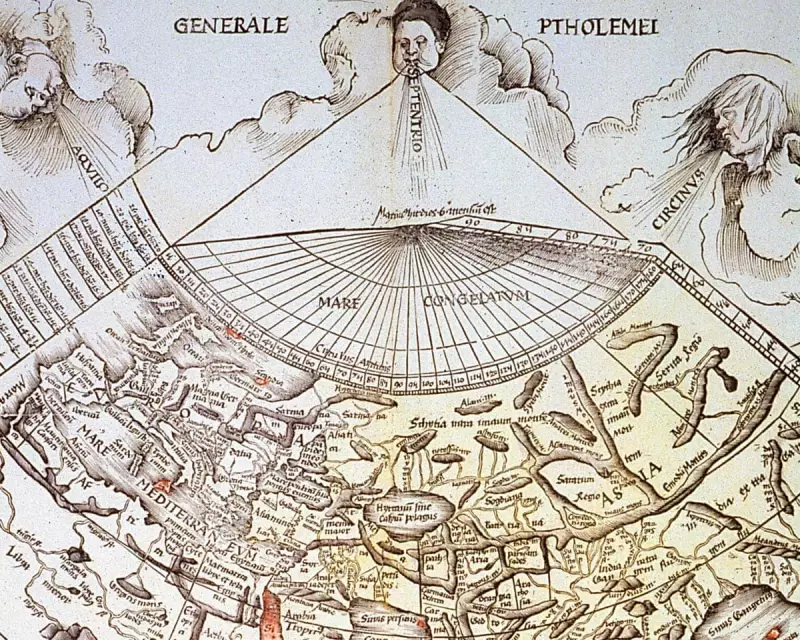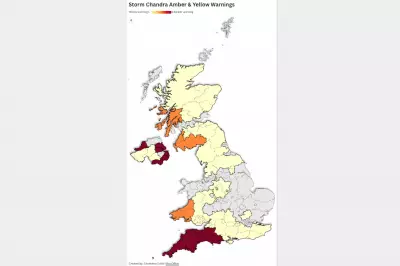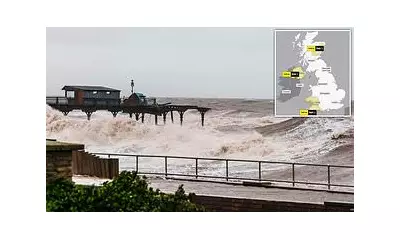
In an age where we carry supercomputers in our pockets, a curious and concerning trend is emerging: the resurgence of pre-scientific methods for predicting the British weather. A new battlefront has opened between established meteorological science and a wave of new applications peddling 'intuitive' and 'astrological' forecasts.
The High-Tech Fortress of Modern Forecasting
The Met Office's operations are a far cry from gazing into crystal balls. Its forecasting might is built upon a £1.2 billion supercomputer, crunching over 200 billion weather observations daily from satellites, radar, and ground stations. This vast data is processed through complex physical models that simulate the atmosphere's behaviour, providing ever more accurate predictions crucial for everything from aviation to agriculture.
Yet, despite this technological marvel, a segment of the public is turning towards digital divination. A growing number of apps and online platforms are gaining traction by offering forecasts based on lunar phases, folklore, and personal intuition rather than atmospheric physics.
The Allure of the Alternative Forecast
Proponents of these alternative methods often criticise official forecasts for being 'too clinical' or 'impersonal'. They argue that their methods offer a holistic view, connecting weather patterns to natural rhythms and personal feeling. This narrative has found a fertile audience among those disillusioned by the occasional high-profile forecasting error or those seeking a more 'spiritual' connection to the environment.
Why Scientists Are Sounding the Alarm
The scientific community is not merely dismissing these apps as harmless fun. The concern is profound and twofold:
- Public Safety: Accurate weather warnings for severe storms, floods, or heatwaves save lives. Relying on an unverified astrological forecast could lead to dangerous complacency.
- Erosion of Trust: The deliberate blurring of lines between tested science and pseudoscience undermines public understanding and trust in scientific institutions at a time when evidence-based decision-making is critical, particularly in tackling climate change.
Meteorologists emphasise that their science is built on a foundation of peer-reviewed research, transparency, and a constant process of verification and improvement. The same cannot be said for methods that cannot be tested or falsified.
The Forecast for the Future
This clash represents a microcosm of a wider societal struggle between evidence and belief in the digital era. For meteorologists, the challenge is no longer just predicting the chaotic atmosphere but also navigating a misinformed public discourse.
The future of forecasting will undoubtedly involve even more sophisticated technology, with AI and machine learning poised to analyse data in ways previously unimaginable. However, its ultimate success may depend on a different kind of effort: a public recommitment to valuing rigorous science over seductive superstition.





